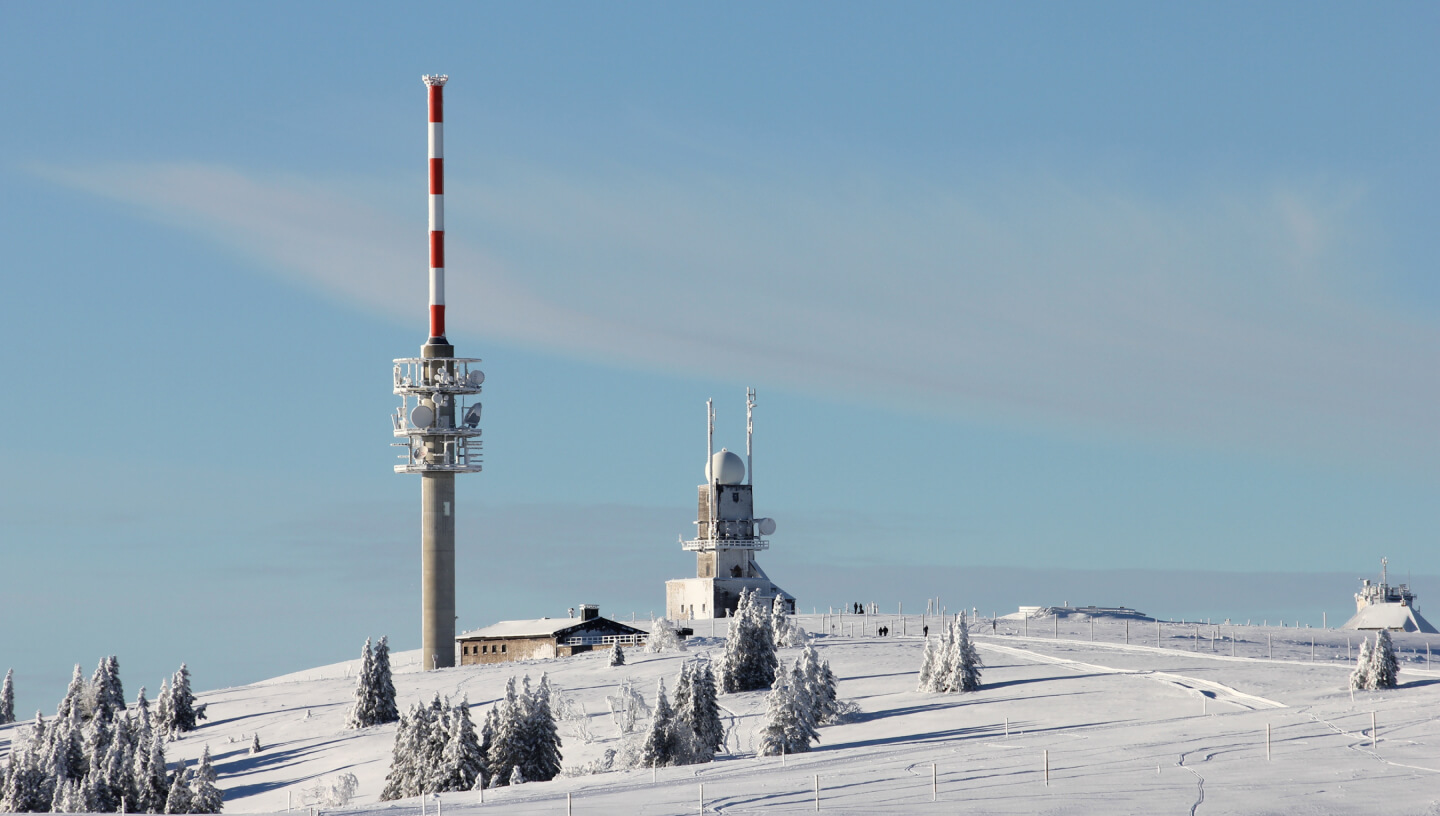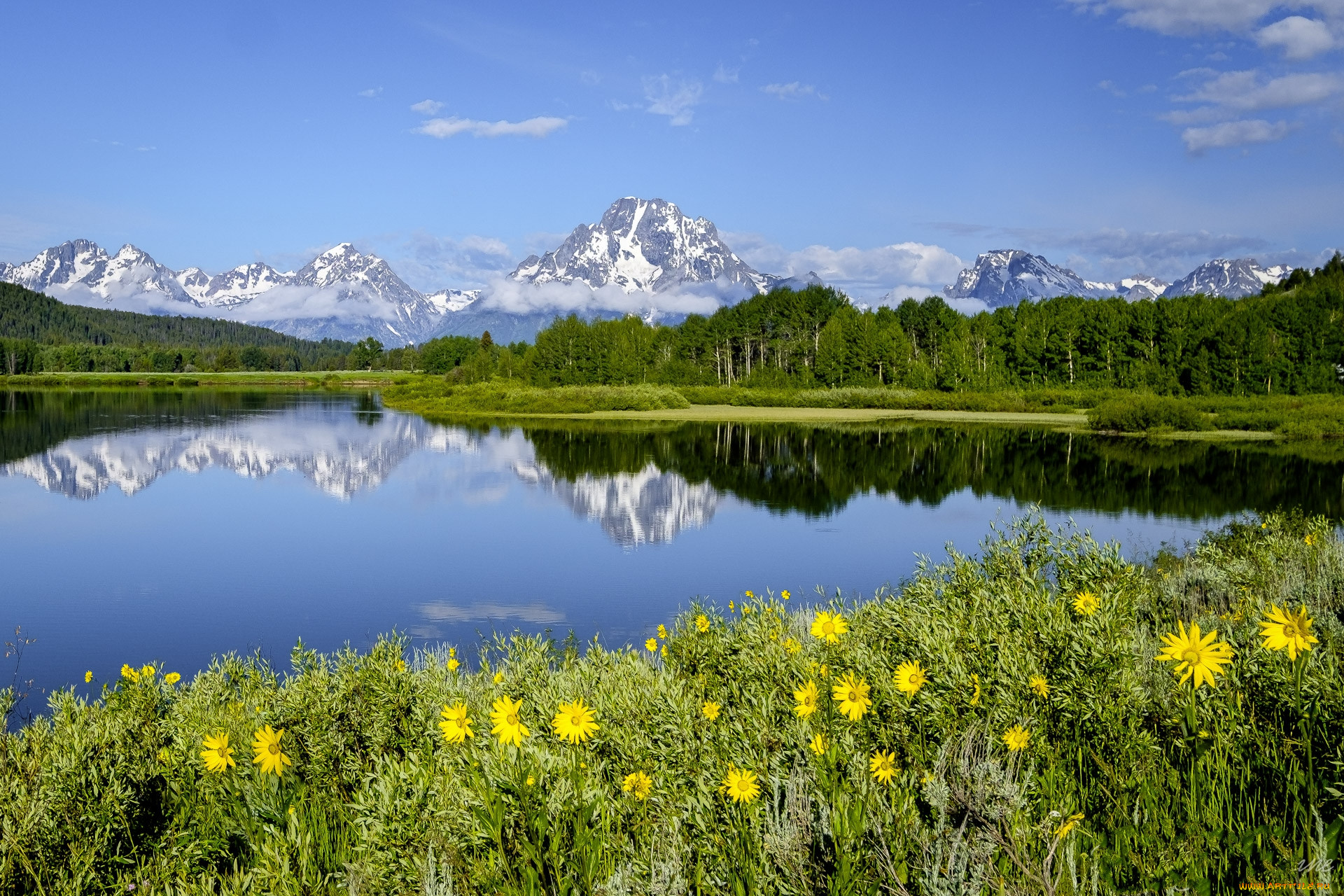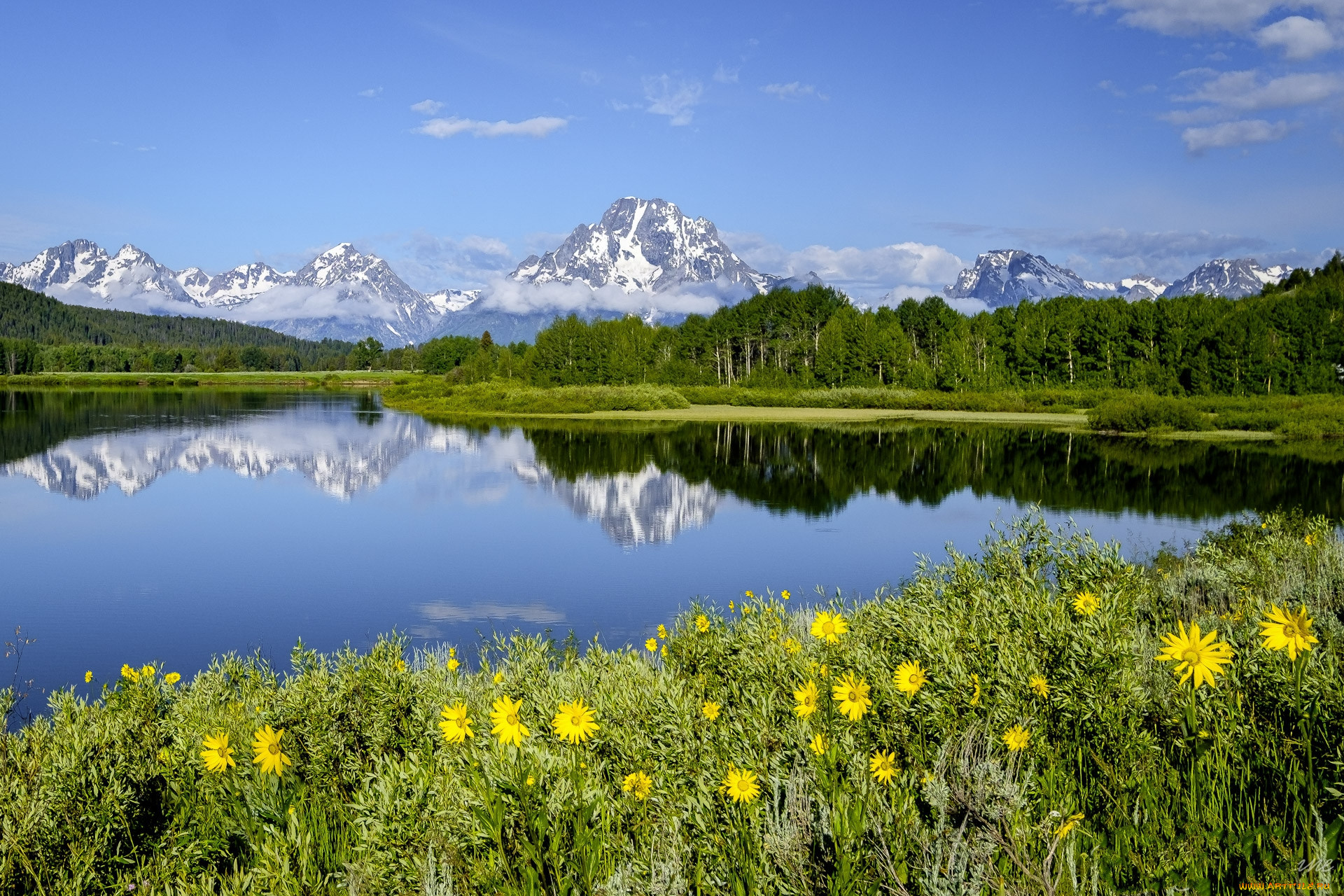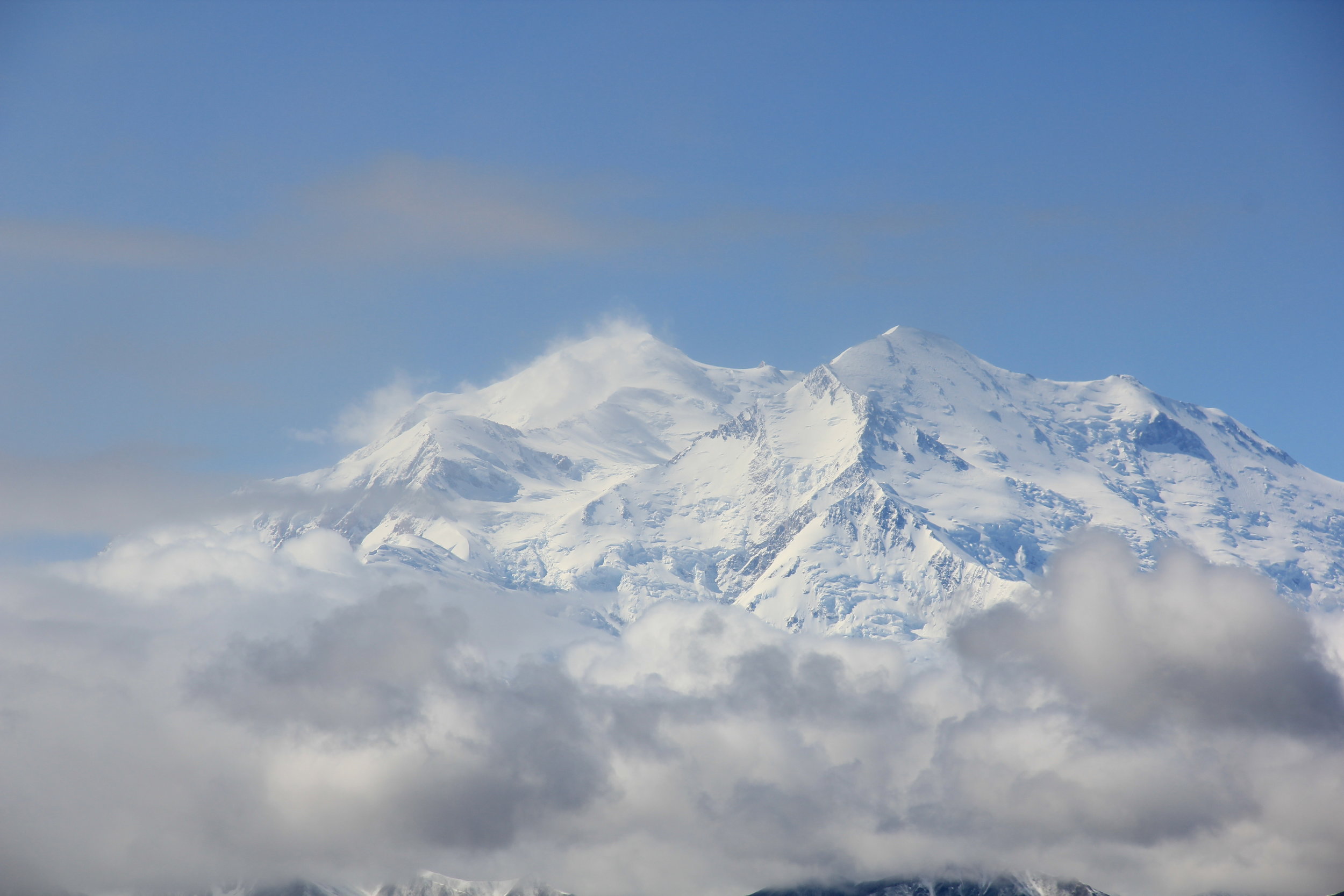 Photo by: bofotolux / iStock
Photo by: bofotolux / iStock
There are quite many threats. Firstly, our Western partners keep saying that they will disconnect Russia from satellites and climate data exchange. If this happens, we will not be able to forecast the weather accurately, even with weather stations on every kilometre of the country. We need relevant data from all over the world to do this.
Secondly, it is unfortunate that the international scientific thread is being interrupted. Observations by specialists from different countries, exchange of data, discussions — all this is very important. Let us take the example of the Arctic. Russia is currently chairing the Arctic Council, which also includes other countries: Norway, Finland, Canada, Denmark, Sweden, and the United States. They all contribute to the development of the Arctic territories, to monitoring their changes. And the changes are evident. I was recently in Arkhangelsk and in two days in the Arctic zone I got as tanned as in Sochi. There are practically no more polar winters with biting frost, the melting of glaciers is noticeable, and the climate is warming rapidly. All these changes require the attention of scientists around the world.
The third problem is equipment. If we want the industry to develop more actively, we need to develop our facilities. Now there are many commercial firms on the market with a RosHydroMet licence, which have a bright interface and prevailing online generation, which attracts users. But they are slowing down domestic meteorology, as they are not developing anything. They have no observational network, no predictive models. This is a big problem.
Cover photo: Stanislav Sablin / iStock








Comments